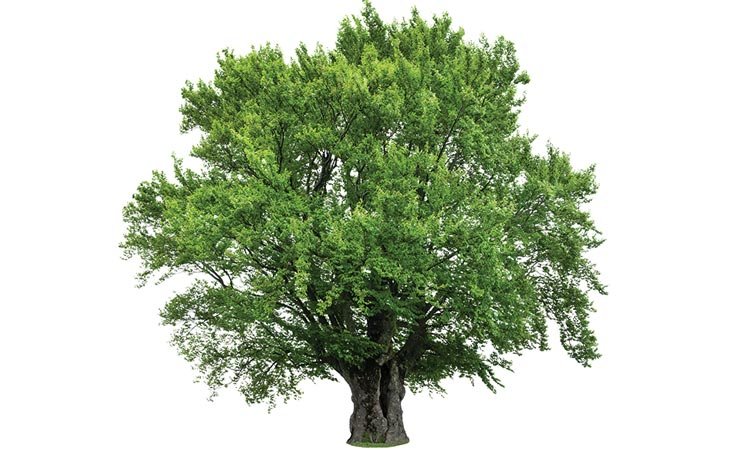I remember, as a very little girl, looking out across the field behind our home at what appeared to be the perfect tree. I could hardly contain my excitement as I ran to inspect it up close. But as I reached out to gather some perfect leaves from the perfect tree, I had one of my first big disappointments. On closer inspection, each leaf was marred somehow—a scrape, a brown splotch, an insect bite. There wasn’t one that I could take home and hang in my room as a symbol of perfection.
Images may appear perfect from a distance, but as we look closer, we see the imperfections. We watch strangers drive by in their shiny new cars and assume that they have perfect lives, not realizing that they may have problems worse than our own. We watch television and movies and see images of perfection, illusions that fade as the final credits roll. A scenic view may look perfect from a distance, but up close we see the mud and the litter. The world looks better without binoculars or microscopes.
We look for perfection—perfect people, perfect situations, perfect relationships, perfect happiness—but because none of us are perfect, we wind up discouraged or disillusioned. But God isn’t looking for perfection—at least not our idea of perfection. Sure, we can all do better, but often what we perceive as flaws and foibles are actually His doing, part of our unique makeup, which can be blessings in disguise. And are all problems all bad? Aren’t they sometimes God’s way of steering us to better things?
God doesn’t expect us to be perfect. All He asks is that we try our best to love Him and others.1 When we do that, we can feel secure in His love, and that changes our whole outlook. We feel better about ourselves, and that helps us to see the best in others and to make the most of our circumstances.
- Matthew 22:37–39 ↑
